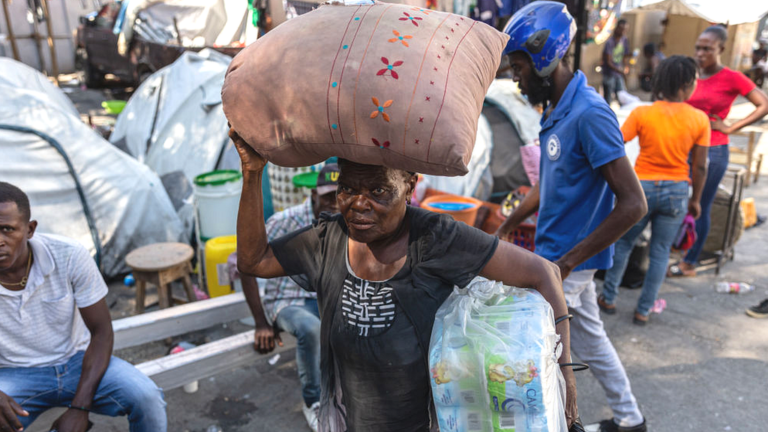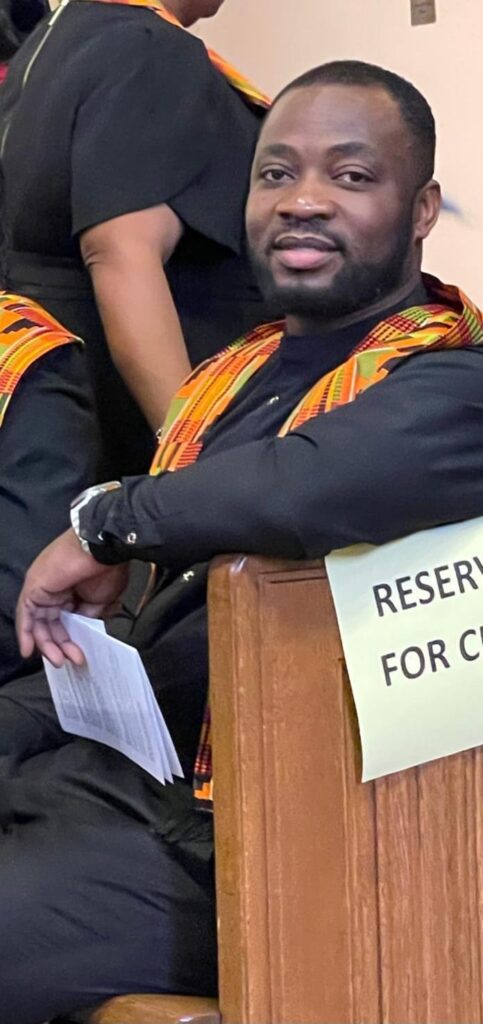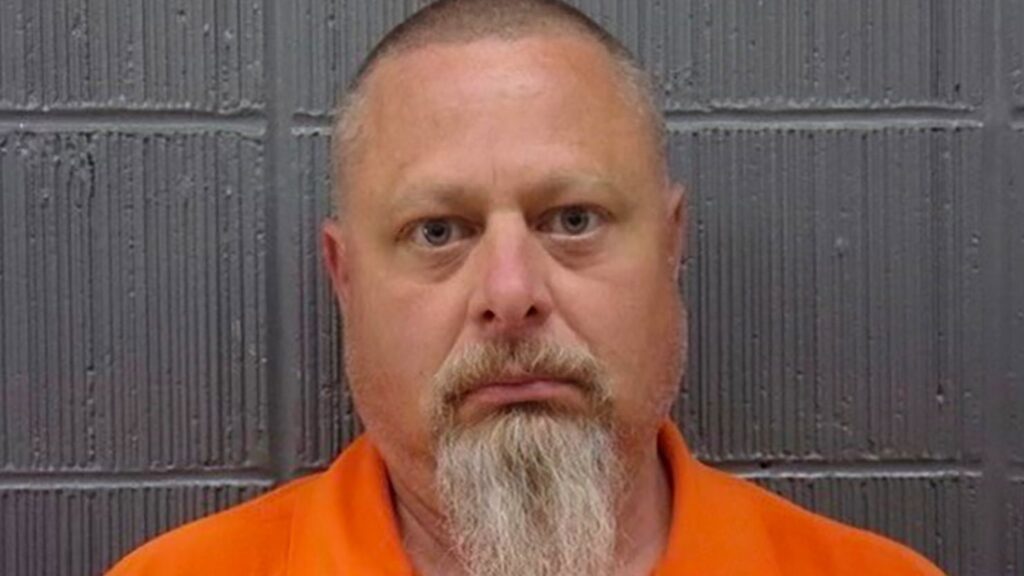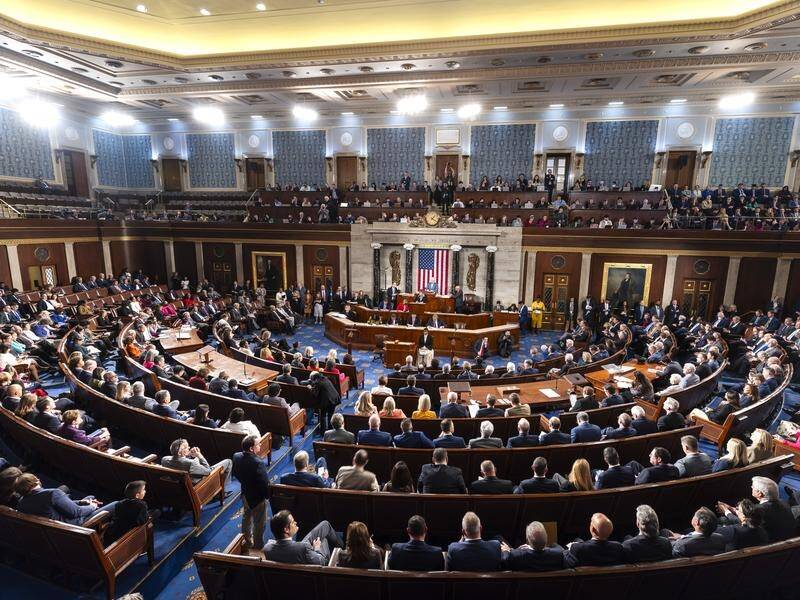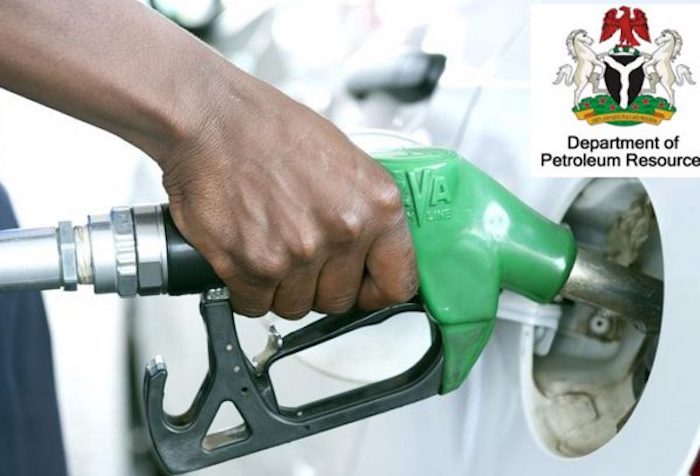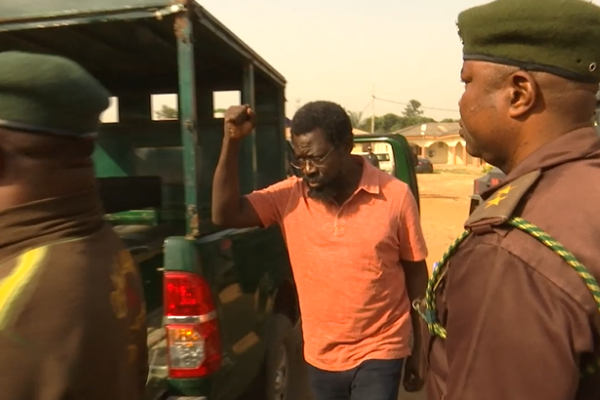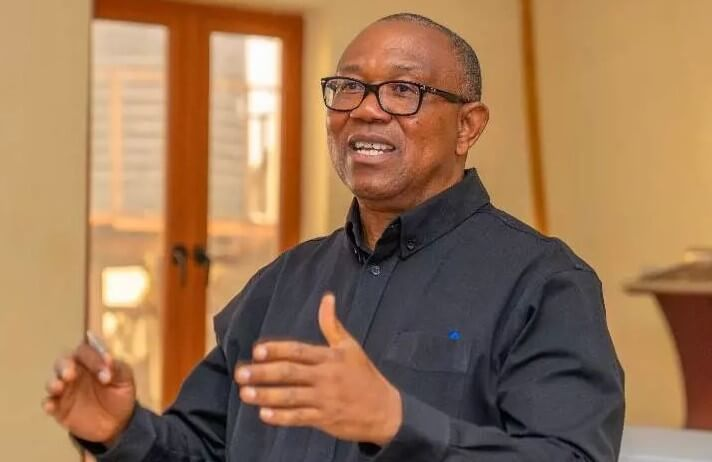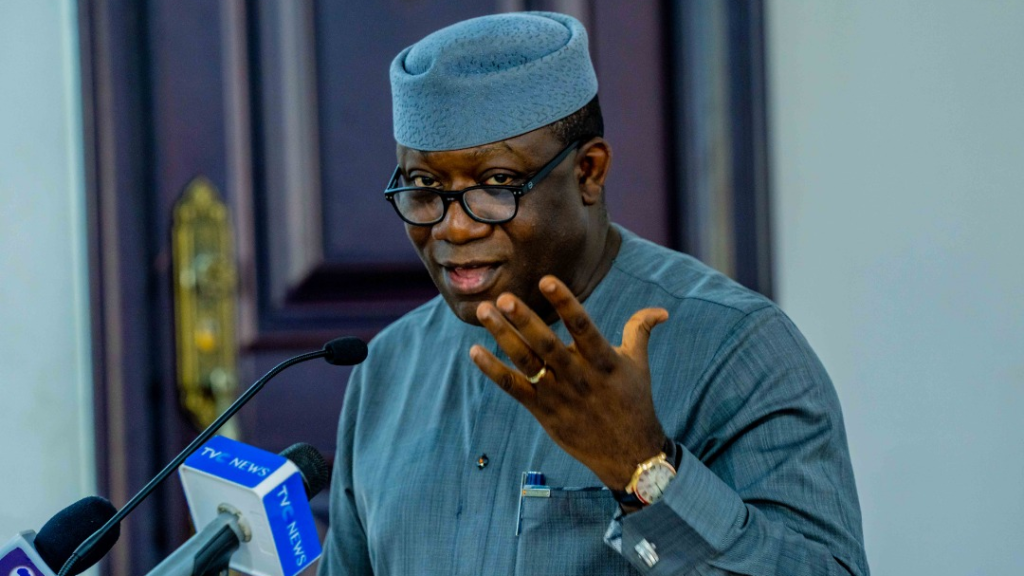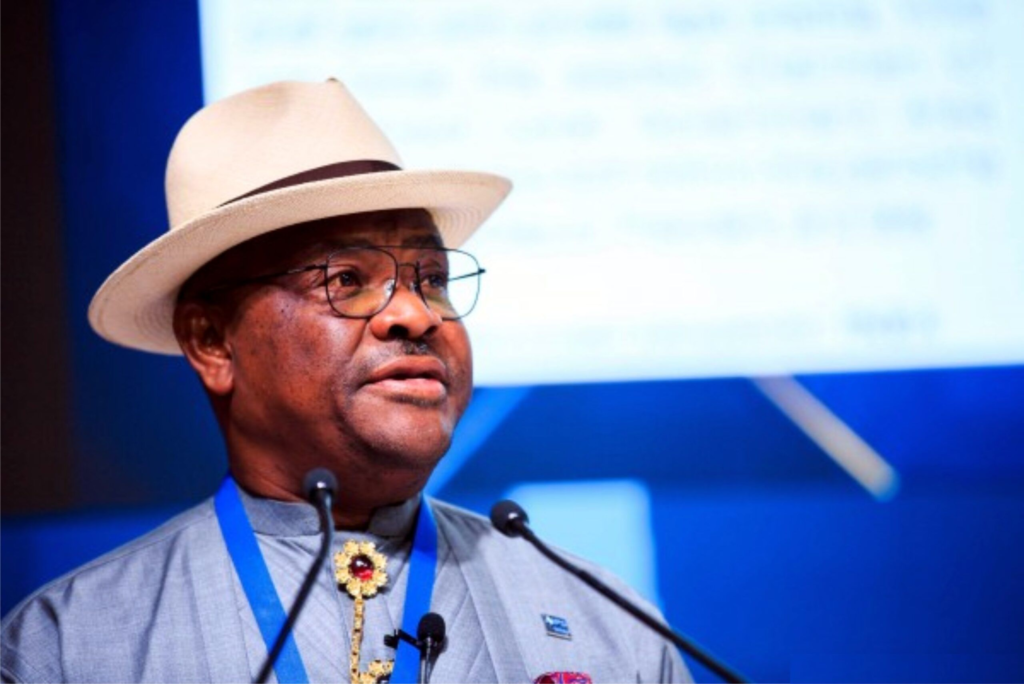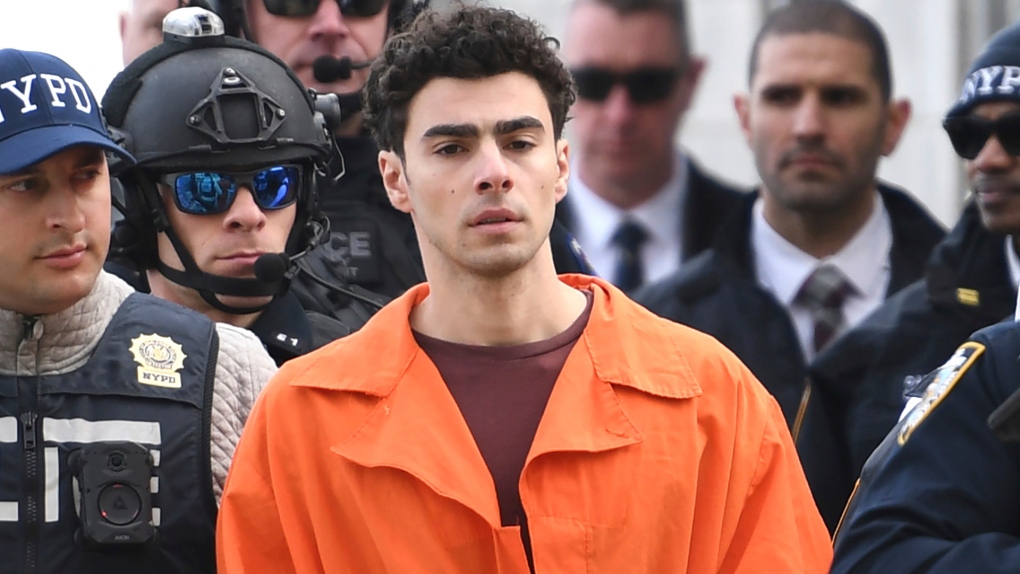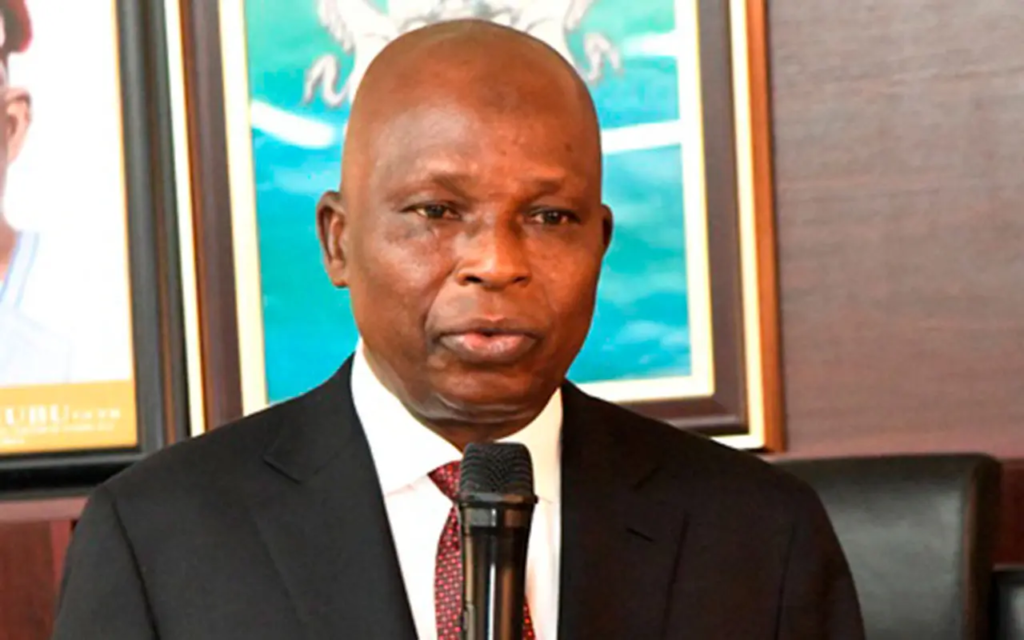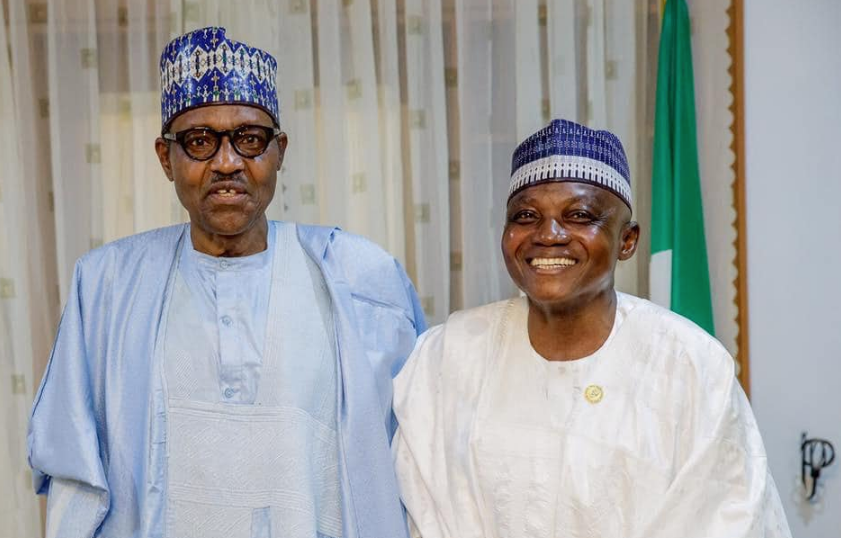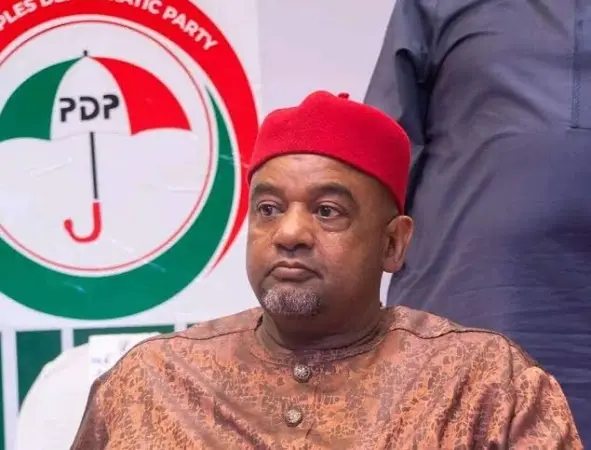In Port-au-Prince, the capital of Haiti, violence escalated over the weekend as heavily armed gangs launched attacks on the National Palace and set a portion of the Interior Ministry ablaze using petrol bombs. The international airport, targeted in a sustained attack, remains closed to all flights, including one carrying Prime Minister Ariel Henry.
Attempting to return to Haiti from the United States last week, Prime Minister Henry faced refusal for landing permission. Subsequently, he was turned away from the neighboring Dominican Republic. Presently, Mr. Henry finds himself stranded in Puerto Rico, unable to access the nation he ostensibly governs.
Amid the turmoil in Haiti, a contingent of US military personnel successfully entered the troubled Caribbean nation. Responding to a request from the US State Department, the Pentagon acknowledged conducting an operation to “enhance the security” of the US embassy in Port-au-Prince and evacuate all non-essential staff to safety.
Following this move, the German ambassador and certain EU diplomats also evacuated, abandoning a country engulfed in violence and confronting its most significant humanitarian crisis since the 2010 earthquake.
Regrettably, millions of Haitians lack the means to escape, enduring the worsening conditions. A grim situation prevails at the State University of Haiti Hospital, commonly known as the general hospital, situated in downtown Port-au-Prince, where there is an alarming absence of medical staff.
In a distressing scene, a deceased individual, concealed under a sheet and surrounded by a swarm of flies, rests in a bed alongside patients awaiting medical attention to no avail.
Despite the overwhelming stench permeating the air, there has been no effort made to remove the body. Under the intense heat of the Caribbean sun, it continues to rapidly decompose, exacerbating the dire situation.
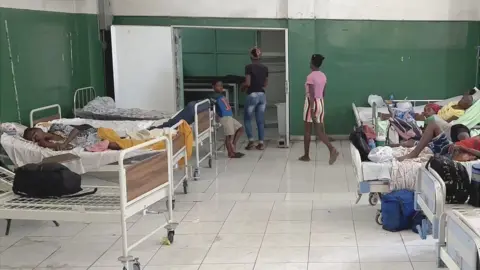
Philippe, a patient who opted not to disclose his real name, lamented, “There are no doctors; they all fled last week. We’re confined indoors. The sounds of explosions and gunfire surround us. We must summon courage and endure this situation; there’s nowhere else for us to go.”
Amidst the absence of a prime minister and a government in disarray, the gangs wield nearly absolute power over the capital.
Controlling over 80% of Port-au-Prince, the notorious gang leader, Jimmy “Barbecue” Cherizier, has reiterated his demand for the resignation of the prime minister. Last week, he warned, “If Ariel Henry doesn’t step down and the international community continues to support him, they will lead us directly to a civil war that will end in genocide.”
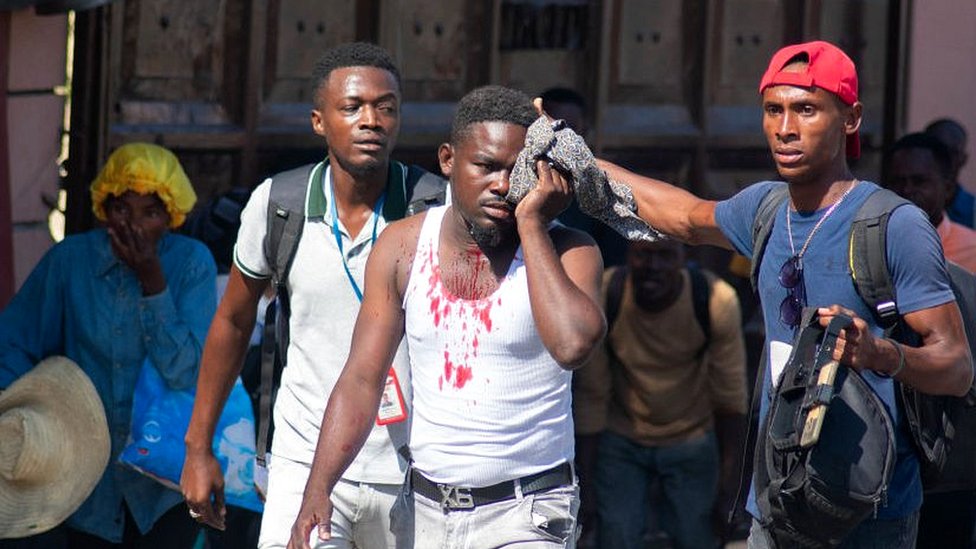
In the midst of this chaos, the police, outnumbered and demoralized, are struggling to contain looting incidents. The Salomon police station in Port-au-Prince was attacked and burned out, with charred police vehicles lying outside the still-smoldering building.
Despite the complete breakdown of law and order, individuals are compelled to venture out for their livelihoods.
In a nearby market, numerous street hawkers explained to the BBC that they had no alternative but to leave their homes, even with armed individuals roaming the streets.
“I have three kids, and I’m all they have – I’m their mother and their father,” expressed Jocelyn, a market trader who preferred not to disclose her real name. “So, I’m obliged to take to the streets. Yesterday, gunmen came here and stole all our money. A lot of vendors lost all their money. But there’s no way to stay at home when you have three mouths to feed.”
“The anxiety is killing me when I’m in the street,” echoed an older woman selling fruit. “I keep thinking what if I get shot dead? Who will take care of my children then? I have no family to support me.”

